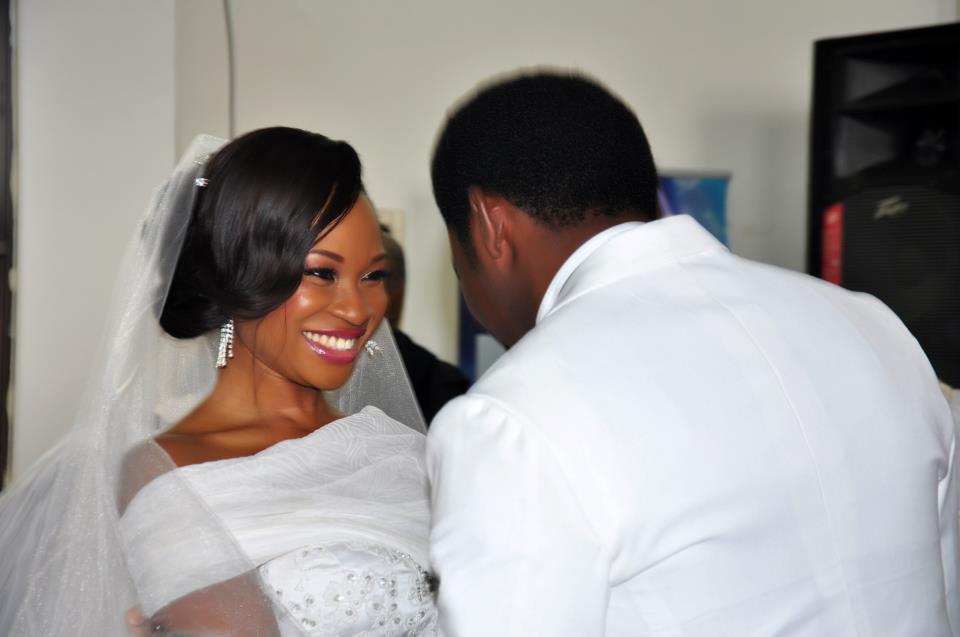Can there be an association between women taking oral contraceptives and increased risk of breast cancer? Can things get worse for young women who use birth control pills?
there be an association between women taking oral contraceptives and increased risk of breast cancer? Can things get worse for young women who use birth control pills?
You will all remember my post from Dec 7, 2017, “Sex, Depression, and Suicide”. In it I described how scientist have linked the Pill with depression. I quoted an article from JAMA Psychiatry, “Teens who were started on combination-hormone oral contraception had an 80% higher risk of being started on anti-depression medication.” And from the American Journal of Psychiatry: Girls who were given oral contraceptives where three times more likely to attempt and/or complete suicide.
If all of that is not enough to scare the “Pill” out of a young woman’s medicine cabinet, there’s a December 7, 2017, article in The New England Journal of Medicine that should do the trick. Researchers in Denmark studied 1.8 million women age 15 – 49 for 10.9 years. And found 11,517 cases of breast cancer. “As compared with women who had never used hormonal contraception, the relative risk increased from 1.09 (95% CI, 0.96 to 1.23) with less than 1 year of use to 1.38 (95% CI, 1.26 to 1.51) with more than 10 years of use (P=0.002). After discontinuation of hormonal contraception, the risk of breast cancer was still higher among the women who had used hormonal contraceptives for 5 years or more than among women who had not used hormonal contraceptives.” This is not a huge increase, but ask yourself, would you really want your teen daughter to start a drug that increases her risk of cancer? Consider, too, that the longer she takes the medicine the greater her odds are of the disease. It’s possibly that she could be on the drug for 25 – 30 years. You should know the study was Funded by the Novo Nordisk Foundation, a maker of oral contraceptives.
Mary Rice Hasson, J.D., ethicist from Washington D.C. notes that women have been sold a bill of good about the so called “Sexual revolution” and its promotion of contraception as the solution. “It’s a bitter pill,” she says. Along with women’s sexual freedom come side effects like head ache, weight gain, depression, suicide, stroke, heart attack, and now breast cancer.
The answer to the two questions posed above are “Yes”, or perhaps the answer to the second one is,”It already has!”
In Messengers in Denim, teen-age Nicole tells me, “Most things churches say we shouldn’t do aren’t good for us anyhow.” Therein lies the solution!
 Get married first! Then think about conception and contraception!
Get married first! Then think about conception and contraception!

What an important article, Dr. Par!
Do you have alternative suggestions to the pill? My grandmother had 11 children, besides been poor, she couldn’t give them the attention they needed.
Thank you Jean. You raise a very valid point? My grandparents had 10 kids and some of those kids – my parents included – had 9, 10, or 12 kids. It was a struggle for them, but in today’s world it’s all but impossible.
We are thus faced with a dilemma, do we risk the health of our young women, sisters, mothers and daughters by taking advantage of scientific discovery? Or, do we risk overpopulation of families and even the earth? And, we need to be cognizant of the horrific consequences brought on to society by the so call “sexual revolution”. Changes of social mores, which began in the mid-sixties with the introduction of the “Pill”, have led to redefinition of dating. Where once “suitors” asked if it was OK to ask for a good night kiss on the first date, many now expect even a first date to include a sexual encounter and good friends become “Friends with benefits”. STDs, date rape and violence, and abortion are rampant. More and more couples choose to live together without benefit of marriage, marital infidelity flourishes, and half of marriages fail in less than 10 years.
I know we cannot turn back the clock, but there are somethings we can do. First, we must not give hormonal birth control to teenage girls. We must expect them to be abstinent. I know studies show that “abstinence only” sex education programs are not effective, but comprehensive sex ed. programs with emphasis on abstinence, which involve, family, school, church, and community can and do work.
Second, married couples need to explore their own moral compass with their pastors, ministers or other spiritual advisors and decide if the risk with of hormonal contraceptives can be justified for a few years, or if barrier method, or periodic abstinence is best for them. Many couples I know have used periodic abstinence with great results. Sure, it involves sacrifice, but sacrifice is an expected part of marriage and in many cases makes the difference between a happy fulfilled marriage and a union destined for the rocks of divorce.
Sorry for being so verbose and “preachy”, but you raise a very difficult question. To me, it comes down to tempering science with theology or at least with a strong moral compass. Thanks again for your comment and question.